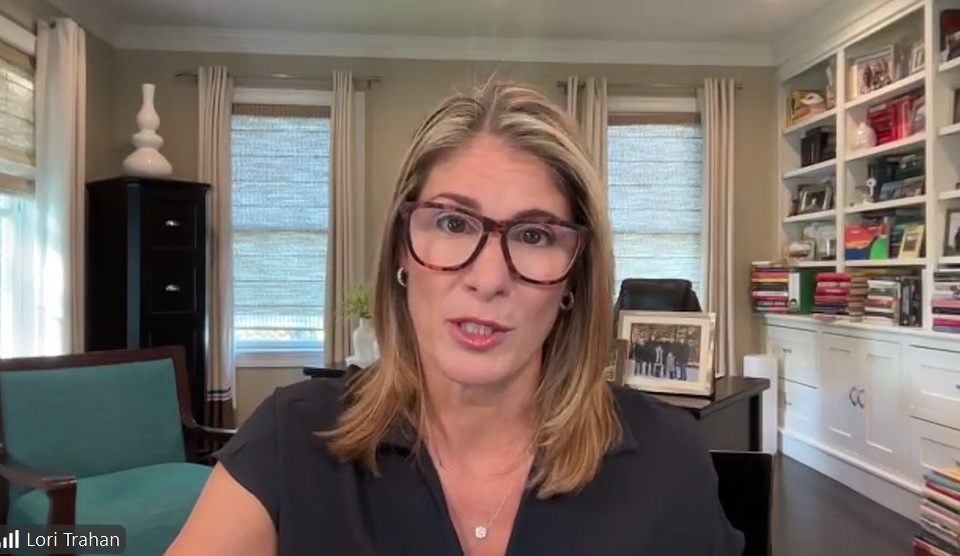Residents in Massachusetts are facing potential premium increases for their health insurance in 2026 if Congress does not act to extend critical subsidies. As open enrollment approaches on November 1, the Massachusetts Health Connector is alerting thousands of individuals about the impending changes to their coverage options.
The enhanced premium tax credits, which were part of the 2022 Inflation Reduction Act, are scheduled to expire at the end of this year. This has raised concerns among lawmakers and health officials about the ramifications for individuals relying on these subsidies for affordable health care. As discussions continue in Congress, the uncertainty of funding has put many residents on edge.
Potential Impact of Expiring Subsidies
According to the Health Connector, many individuals will still qualify for financial assistance, but the support will be significantly reduced. Households earning above 400% of the federal poverty level—approximately $62,600 for a single individual and $128,400 for a family of four—will lose access to heavily subsidized ConnectorCare coverage starting January 1, 2026. This shift will compel those affected to consider unsubsidized health plans, which could lead to steep increases in out-of-pocket expenses.
Audrey Morse Gasteier, Executive Director of the Health Connector, explained during a press conference that members will begin to see these premium hikes reflected in their online accounts. Physical notifications will also be mailed to households within the upcoming weeks, revealing the stark reality of their new financial obligations.
“People are just starting to get exposed to those numbers,” Gasteier stated. “This year, they qualified for a tax credit that helped them afford coverage, but as they head into 2026, that help won’t be available anymore.”
Legislative Stalemate and Public Health Concerns
The ongoing stalemate in Congress over budget negotiations adds to the urgency of the situation. Senate Democrats have rejected repeated stopgap measures aimed at reopening the government since it shut down on October 1. They remain focused on preserving the enhanced tax credits initiated during the COVID-19 pandemic, which have contributed to a dramatic increase in enrollment in the Affordable Care Act Marketplace, rising from approximately 11 million to over 24 million individuals, according to the Kaiser Family Foundation (KFF).
In a recent television interview, Vice President JD Vance criticized the tax credits, claiming they lead to waste and fraud within the insurance industry. Meanwhile, U.S. Senate Majority Leader John Thune expressed the need for reforms as part of any deal to extend the credits.
Health care professionals are sounding alarms about the potential consequences. At a recent board meeting, Dr. Manju Mahajan from UMass Memorial Medical Center shared the story of a patient whose premium could soar from $75 to $500 per month. “That means no mammograms, no routine blood pressure checks, and certainly no way to afford her asthma inhalers without going into debt,” she noted. “Her story is not unique; it reflects what thousands of families will face if these credits disappear.”
The Massachusetts Health and Hospital Association has warned that the loss of tax credits would severely impact both patients and the healthcare system, already under strain. Valerie Fleishman, the executive vice president at the Association, stated that without these credits, an estimated 65,000 Massachusetts residents could lose their health insurance within the next 14 months, significantly increasing the burden on emergency services.
As residents await crucial decisions from Congress, the Health Connector is preparing for a surge in inquiries from anxious members concerned about their future coverage. “When health insurance premiums spike, it creates distress and anxiety for families trying to make ends meet,” Gasteier said. “We expect to receive many calls as people seek clarity on their options moving forward.”
In this critical moment, the stakes are high, not only for the individuals who rely on these subsidies but also for the broader healthcare system that could see increased strain without immediate legislative action.







